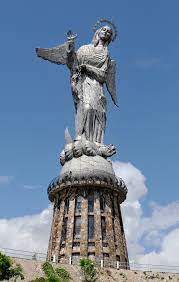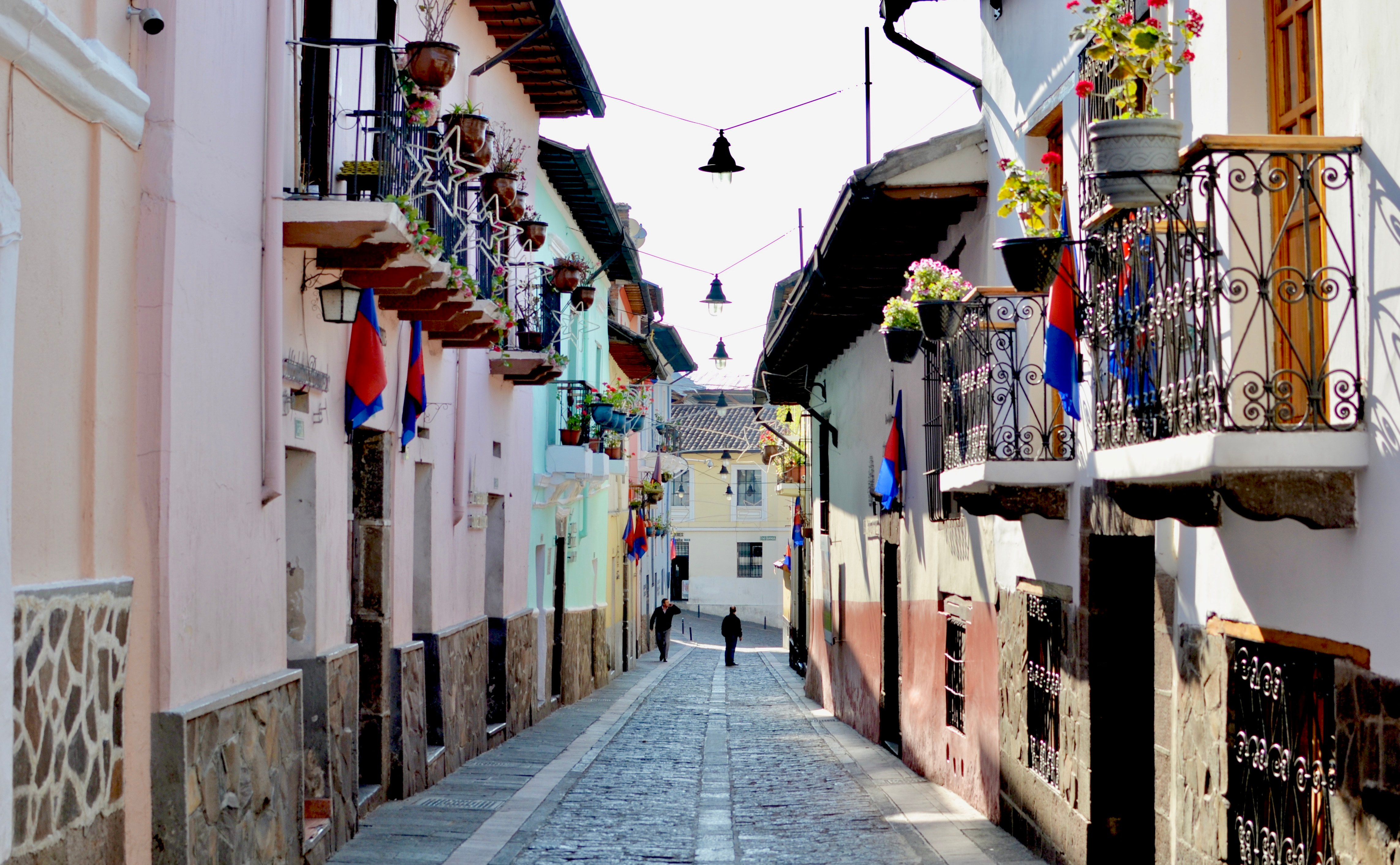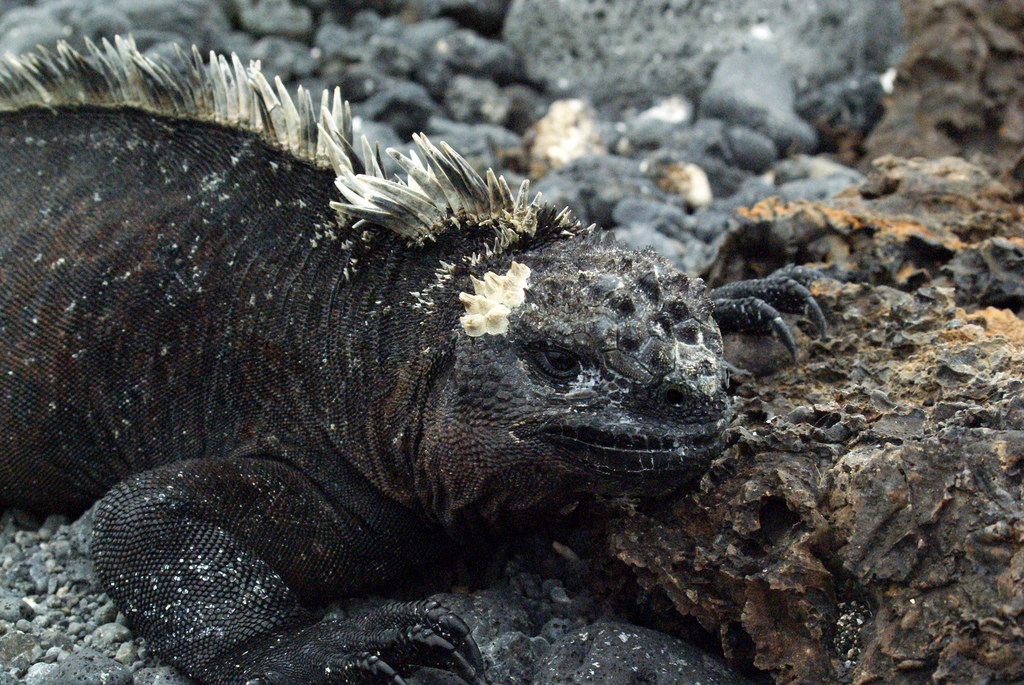Return to the search form Return to your search results
SIT Ecuador Comparative Ecology & Conservation
Fast Facts
Sessions Offered:
Fall, Spring
Location:
Quito, Ecuador
Credit:
Transfer
Eligibility:
2.5 GPA. Good academic and disciplinary standing, four recent semesters of college-level Spanish or equivalent, previous college-level coursework or background in environmental studies, ecology, biology, or related fields.
Application Due:
2/24 for fall semester and 9/24 for spring semester
Program Cost:
Click the Application tab.
SIT was founded on the idea that cultural exchange leads to positive social change. Because of this belief, each of their programs is centered around one of seven global issues: Climate & Environment; Development & Inequality; Education & Social Change; Geopolitics & Power; Global Health & Well-being; Identity & Human Resilience; and Peace & Justice. As a climate and environmental issue, this program allows students to explore tropical ecosystems, conduct biological fieldwork, and study conservation in one of the world's most biodiverse countries. Students learn from local experts: academics, activists, businesspersons, artists, community leaders, and government officials. Access to local perspectives and knowledge gives students a greater understanding of the issues and innovations within their host communities. The program combines classroom study with hands-on work in the field.
Academic Program
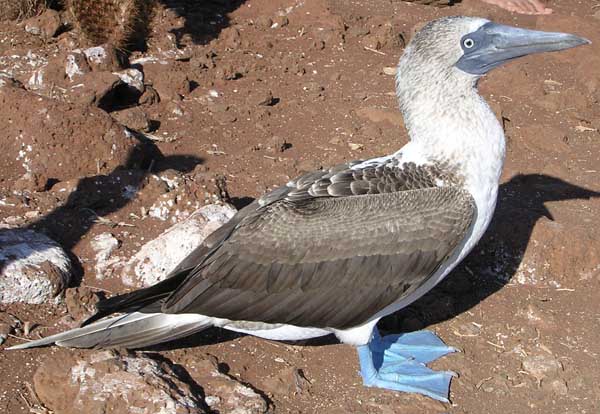
Key topics for the program include the study of ecology and biology of Ecuador's four distinct ecological regions; the biological indicators, ecological adaptations, and population studies; forestry and field research and analysis techniques; local natural resource use; and Ecuador's current environmental challenges. Students spend roughly the first three months of the program taking four classes for twelve semester hours of credit. The remaining four semester hours of credit is earned by doing an Independent Study Project (ISP).
Independent Study Project (ISP)
Conducted in Quito or in another approved location in Ecuador appropriate to the project, the Independent Study Project offers students the opportunity to conduct field research on a topic of their choice within the program's thematic parameters. The project integrates learning from the various components of the program and culminates in a final presentation and formal research paper. While the ISP can include social sience conepts, the main focus should be biological, ecological, and/or environmental.
All coursework is conducted in Spanish. For course descriptions and syllabi, please consult SIT's program webpage.
Cultural Activities
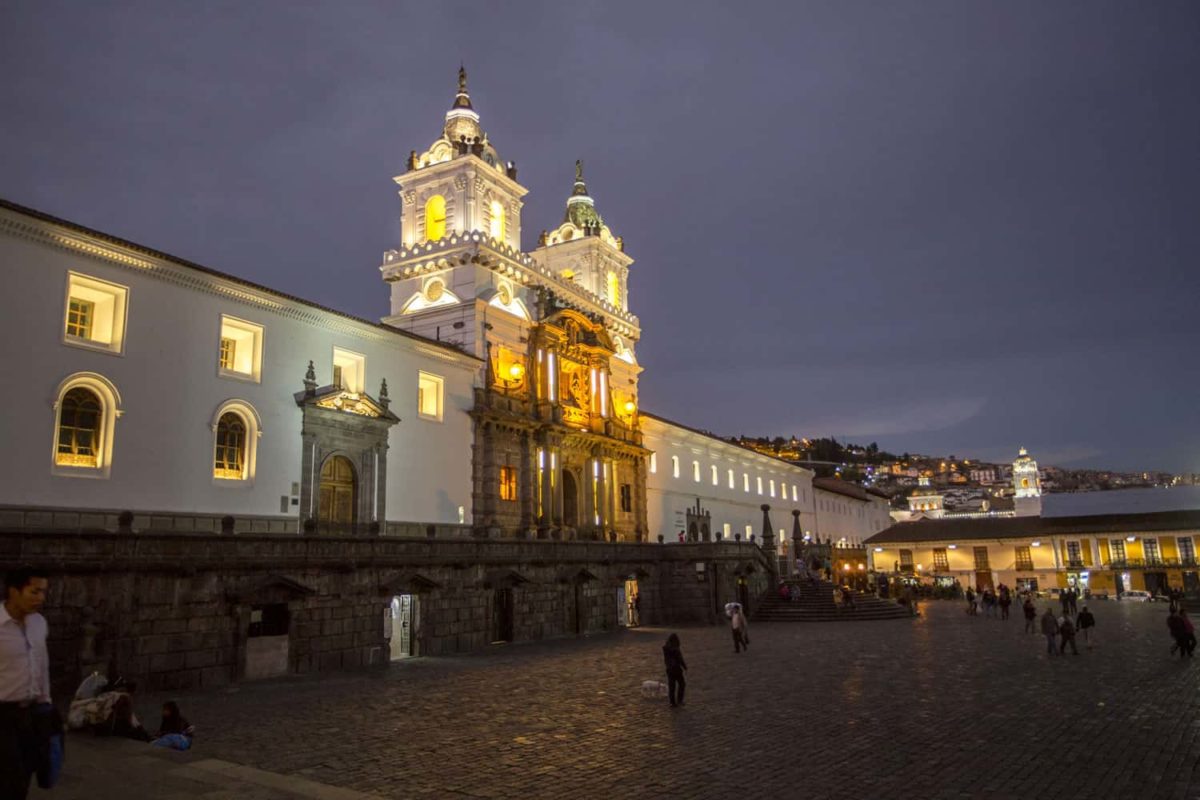
Students make a three day visit to the Andean páramo highlands. The páramo is a tundra-like ecosystem unique to the neotropics. Students will learn about is rare ecology and conservation strategies for coping with human impacts and climate change.
Program Dates
Late August to mid-December for fall semester and late January to mid-May for spring semester.
For More Information
Steps to Studying Abroad
- Before initiating an application with SIT, students must complete a Discover Study Abroad session at the University of Iowa.
- After completing the Discover Abroad session, students will receive an email with their study abroad advisor assignment.
- Once assigned, students must meet with their study abroad advisor to receive program application instructions.
Study Abroad
1111 University Capitol Centre
Iowa City, IA 52242
Phone: 319-335-0353
Email: study-abroad@uiowa.edu
The City - Quito
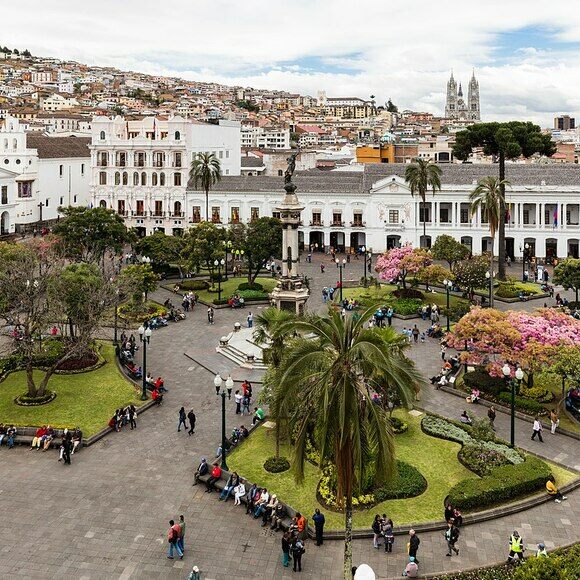
Quito is the capital city of Ecuador. It sits at an elevation of 9,350 feet above sea level making it the highest official capital city in the world. Quito is also the world’s closest capital city to the equator; a distance of only 16 miles. With a population of over 2.5 million people, Quito is second to the port city of Guayaquil. In 1978 UNESCO declared Quito, and Krakow, Poland, the first World Cultural Heritage Sites. The historic center of Quito has one of the largest, least altered and best preserved historic centers in the Americas.
The Country - Ecuador

Ecuador has four regions. There is the Amazon rain forest basin, the Andes highlands, the coastal area and then the Galapagos Islands located 600 miles to the west of the continent. The area known as Ecuador has was home to a variety of Amerindian groups that were gradually incorporated into the Inca Empire during the 15th century. In the 16th century the area was colonized by Spain. The country achieved independence from Spain in 1820 and became part of Gran Colombia. In 1830, Ecuador became a sovereign state. The new constitution of 2008 is the first in the world to recognize legally enforceable Rights of Nature, or ecosystem rights. Ecuador is also known for its rich ecology, hosting many endemic plants and animals. It is one of 17 megadiverse countries in the world.
US Department of State Country Information
The US Department of State provides safety and security information for every country of the world to help you assess for yourself the risks of travel. Each country information page contains a Travel Advisory, Alerts, and other important details specific to that country that could affect you.
Pay close attention to the entry and exit requirements, local laws and customs, health conditions, and other details to help decide whether traveling to any given country is right for you. Non-US citizen travelers may also wish to seek guidance from the embassy of their country of citizenship. The UI International Travel Policy for Students addresses restrictions on student travel to high-risk locations and engagement in high-risk activities abroad.
Living Arrangements
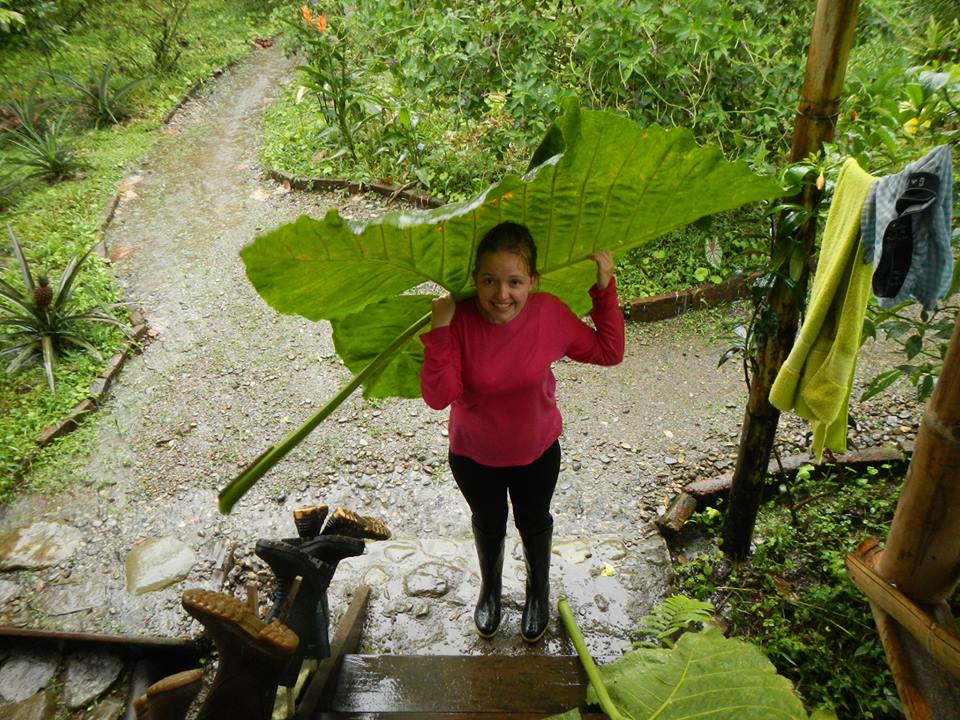
During your time in Ecuador, students have the opportunity to live with two different homestay families. Students will live with a homestay family in Quito, and also with a Ecuadorian campesino family in Yunguilla during the rural cloud forest educational excursion. Other accommodations during the program include hostels, field camps, reserve lodges, and boats.
Passport
US Citizens
If you do not have a passport, it is important that you apply for one as soon as possible to ensure you receive it before the program begins. US citizens can find more information about how to apply for a passport on the US Department of State’s website.
Students with a valid passport should check the expiration date. Passports must be valid for at least 6 months AFTER the anticipated return to the US from studying abroad. If your passport is not valid for at least 6 months after your anticipated date of return to the US, you must renew your passport before applying for a visa or leaving the United States.US citizens can find more information about how to renew a passport on the US Department of State’s website.
Travel Arrangements
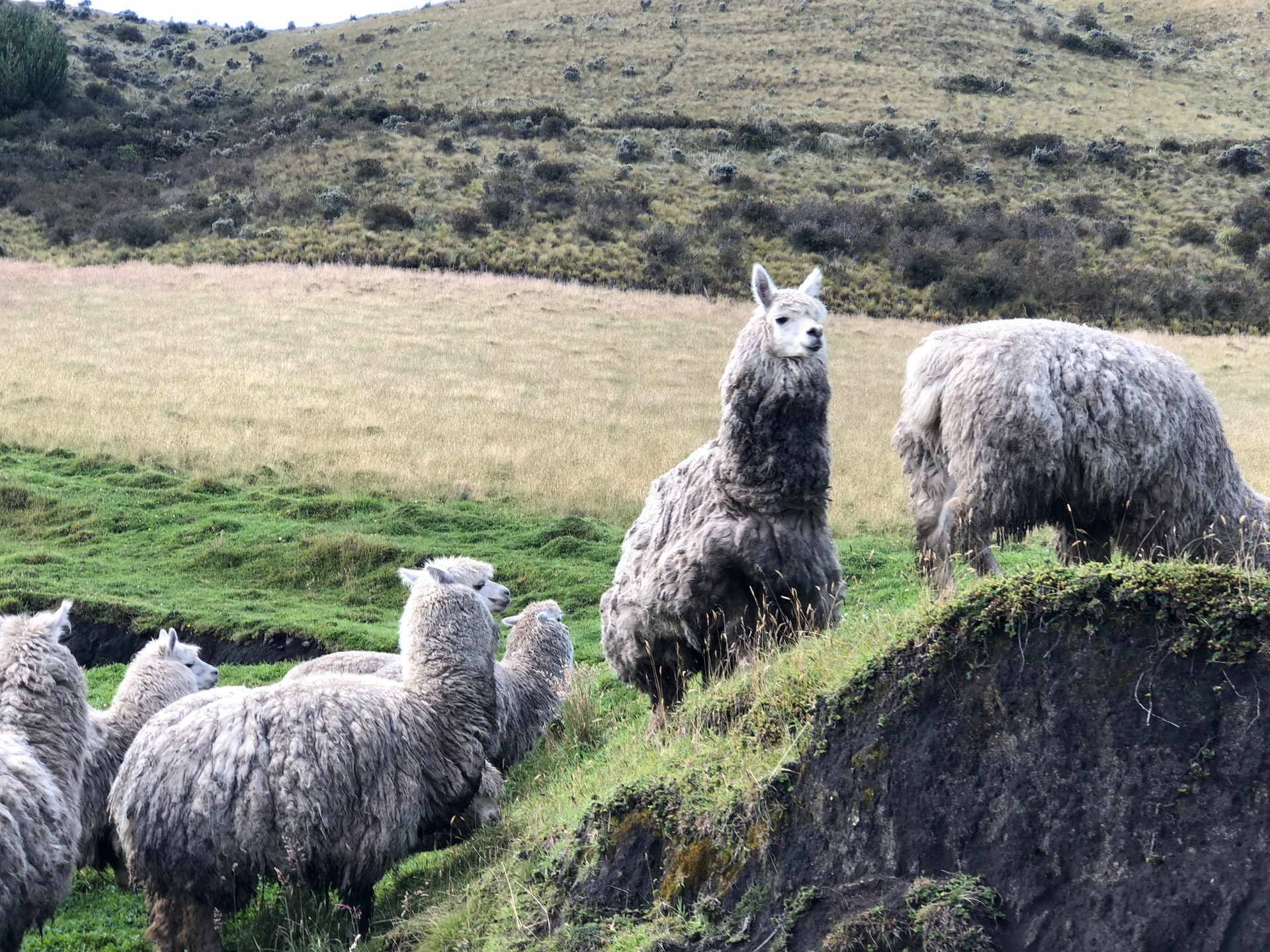
Participants will make their own travel arrangements to Quito, Ecuador, taking advantage of any frequent-flyer options and/or internet specials available to them. Information about airport pick up will be given at orientation. Students should book airfare to correspond with the arrival and departure dates given by SIT.
Local Transportation
Quito’s fabulous transportation system makes the city easy to navigate. Buses and taxis are abundant, and with the recent addition of the pedestrian and environment friendly Trolebús, Metrobús and EcoVia, the transportation system has been even further improved.
Eligibility
This program is open it UI students who fulfill the following requirements:
- Cumulative GPA of 2.5
- Be in good academic and disciplinary standing at the University of Iowa
- Four semesters of college-level Spanish or equivalent
- Previous college-level coursework or background in environmental studies, ecology, biology, or related fields
Good academic and disciplinary standing - It is the policy of the UI Study Abroad office that all students who study abroad must be in both good academic standing and good disciplinary standing at the time of their application. Students who, even after being accepted into a program, are put on either academic and/or disciplinary probation for any period of time overlapping with the study abroad program dates are ineligible to study abroad. In these cases, students must forfeit their acceptance and will not be allowed to study abroad. Any student who must forfeit their acceptance and/or attendance on a study abroad program due to a probationary status is wholly responsible for any and all financial expenses incurred.
Cost
Costs charged to the U-Bill
- Application fee (charged at the time of application, before financial aid/scholarships disburse)
- Course Fee- Includes tuition, housing, all meals, on-site airport pick up, orientation, all educational excursions, including all related travel costs. (charged shortly before departure)
- University of Iowa Study Abroad Administrative Fee (charged shortly before departure)
- The mandatory Iowa Regents International CISI Health Insurance (charged shortly before departure)
Out-of-pocket costs (not charged to U-Bill)
- Food (paid by student at their discretion while abroad)
- Round trip airfare (paid by student directly to travel agent or airline- approx. 6-8 weeks prior to departure, before financial aid/scholarships disburse)
- Local transportation (paid at student’s discretion while abroad)
- Passport (paid by student prior to departure, before financial aid/scholarships disburse)
- Consular and visa fees (paid by student prior to departure, before financial aid/scholarships disburse)
- Textbooks, copyright permission fees, course packets, and other course-related materials (paid upoon arrival to your host country)
- Medical exam/immunizations (paid by student as needed prior to departure, before financial aid/scholarships disburse)
- Personal expenses and personal travel (paid by student as needed while abroad)
- Rental or purchase of required cell phone- does not include usage fees (paid as needed while abroad)
Cost Sheet
The cost sheet (forthcoming) outlines the total estimated costs associated with participating in this program and can be used for financial aid and planning purposes. They include fees charged on students’ U-Bill as well as out-of-pocket expenses. Actual out-of-pocket expenses will vary from individual to individual. Quoted estimates are conservatively high, yet realistic.
Financial Aid & Scholarships
Most financial aid (scholarships, grants, and loans) is applicable to study abroad programs. Please check the Study Abroad website for information on financial aid and how it may be applied to studying abroad. You are also encouraged to speak with someone at the Office of Student Financial Aid to explore financial aid options. Scholarship opportunities exist for study abroad participants. Please explore Study Abroad’s websites for UI Study Abroad Scholarship Opportunities, and Non-UI External Awards.
SIT offers awards that can be found on SIT's Scholarships & Grants web page.
SIT has a matching scholarship for Pell Grant Recipients. More information can be found on SIT Pell Grant Match Award web page.
How to Apply

Steps to Studying Abroad
- Before initiating an application with SIT, students must complete a Discover Study Abroad session at the University of Iowa.
- After completing the Discover Abroad session, students will receive an email with their study abroad advisor assignment.
- Once assigned, students must meet with their study abroad advisor to receive program application instructions.
Students will need to complete a University of Iowa Study Abroad application and a SIT Ecuador Comparative Ecology and Conservation Program application. Information on these applications will come from the study abroad advisor. Final admissions decisions to the program are made by SIT.
Application Deadline
Applications are due on February 24 for Fall.
Applications are due on September 24 for Spring.
Health & Safety Planning
Students are encouraged to review the following:
Iowa Regents CISI Health Insurance Information
Health preparation Guide for International Travel
This document is intended to help you plan for your medical needs abroad.
Please DO NOT turn this form in to UI Study Abroad.
Visa
U.S. Citizens will need a student visa to study abroad for a semester.
SIT provides Pre-Departure Documents to all program participants. One document is entitled Flight, Passport, & Visa Information. It is essential to read this document and understand what is required to obtain any necessary student visa and/or documents to participate in the program. Ultimately, it is your responsibility to secure any student visa or required documents to participate in the program.
Orientation
In order to prepare for your time abroad, you are required by the University of Iowa to complete two orientations. These may be in addition to orientations provided by your on-site provider. See below for more information.
Online Education Abroad Pre-Departure Orientation
You are required to complete the International Programs ICON course "Education Abroad Pre-Departure Orientation" prior to departure. This orientation is mandatory for all students going abroad under the auspices of the University of Iowa. It covers many practical matters about living overseas, such as health and safety, communication, money, goals, and much more. You will be enrolled in this course by International Programs and an email will be sent to you once enrolled. If you have any questions, you can email safety-abroad@uiowa.edu
Program-Specific Orientation
This orientation will be facilitated by a study abroad advisor and will cover content specific to the University of Iowa including but not limited to, billing, insurance, the Credit Approval Form (CAF), and transcripts. It could be conducted in a group setting or one-on-one depending on your type of planned activity abroad. Your study abroad advisor will send you more information about this mandatory in-person session.
SIT Pre-departure Resources
SIT will provide you with a variety of pre-departure resources to prepare you for your study abroad experience. These will include
- Flight, Passport & Visa Information
- Country Overview & Packing Guidelines
- Health Guidelines & Requirements
- Mental Health, Counseling & Wellness Tips
- Safety, Security & Health
- Recommended Readings & Resources
- SIT Study Abroad Student Handbook
